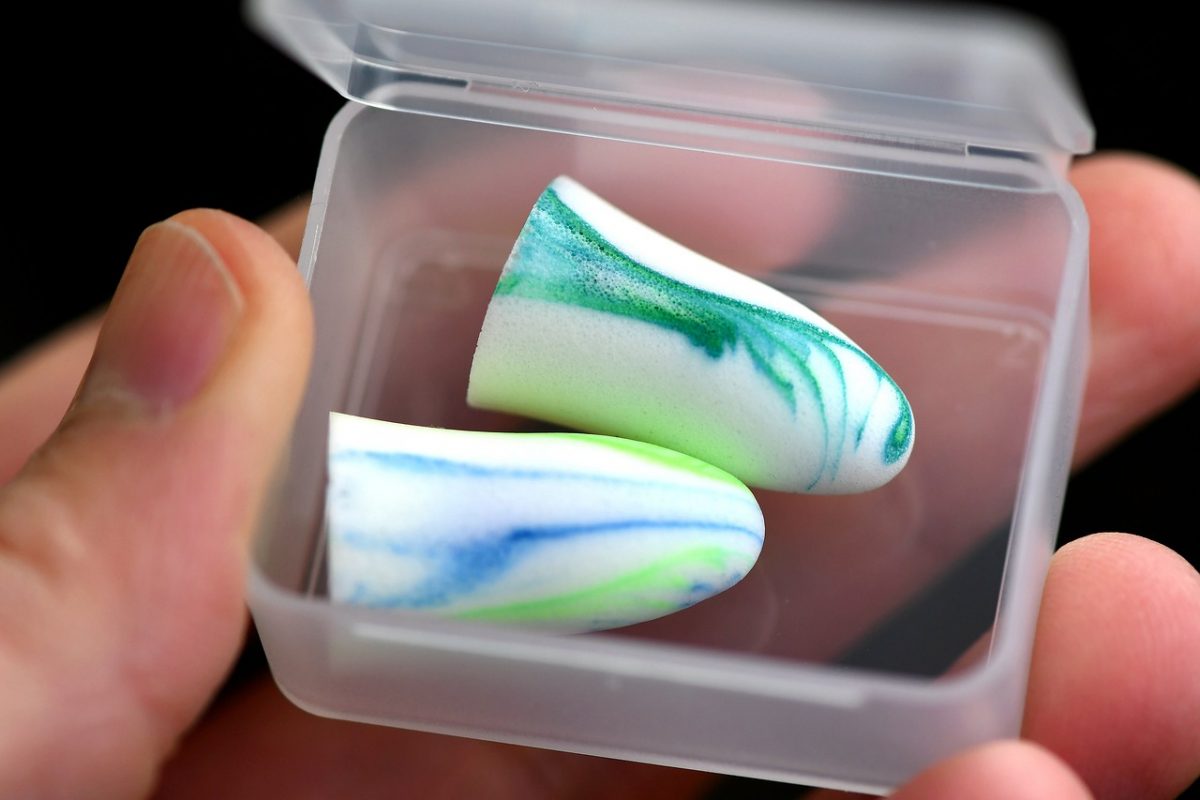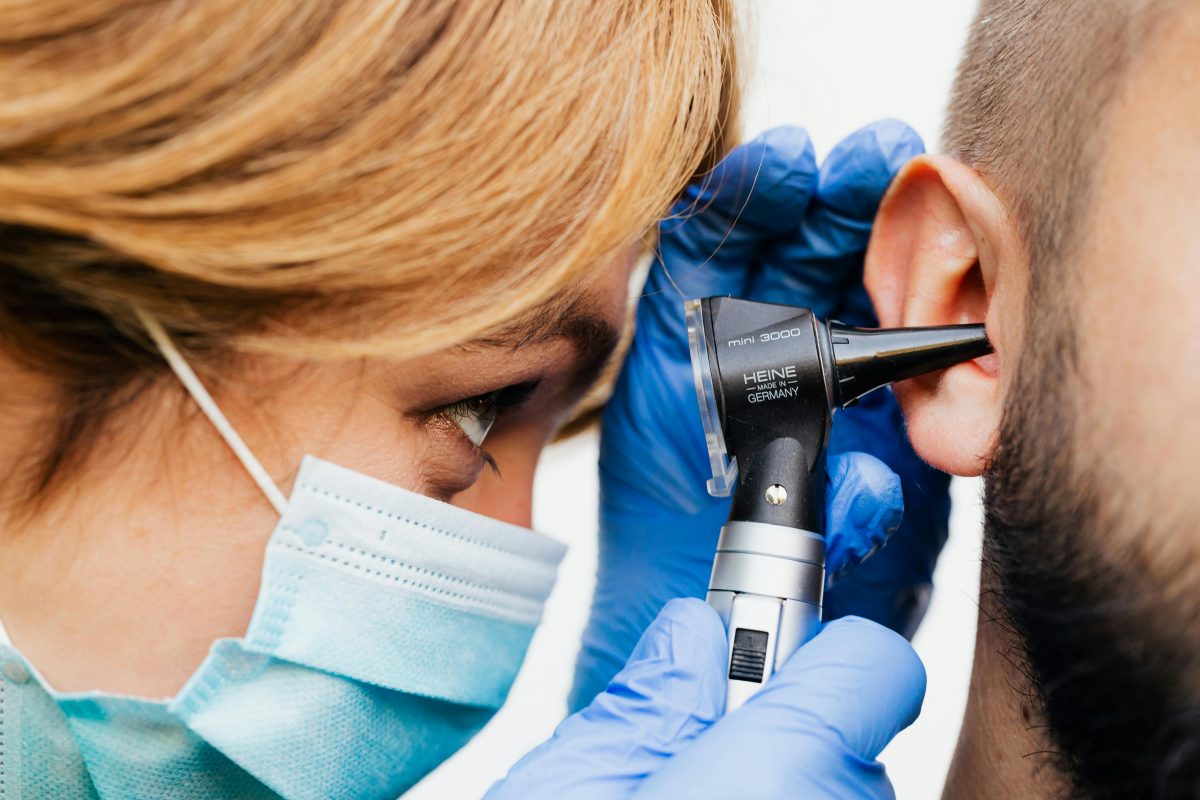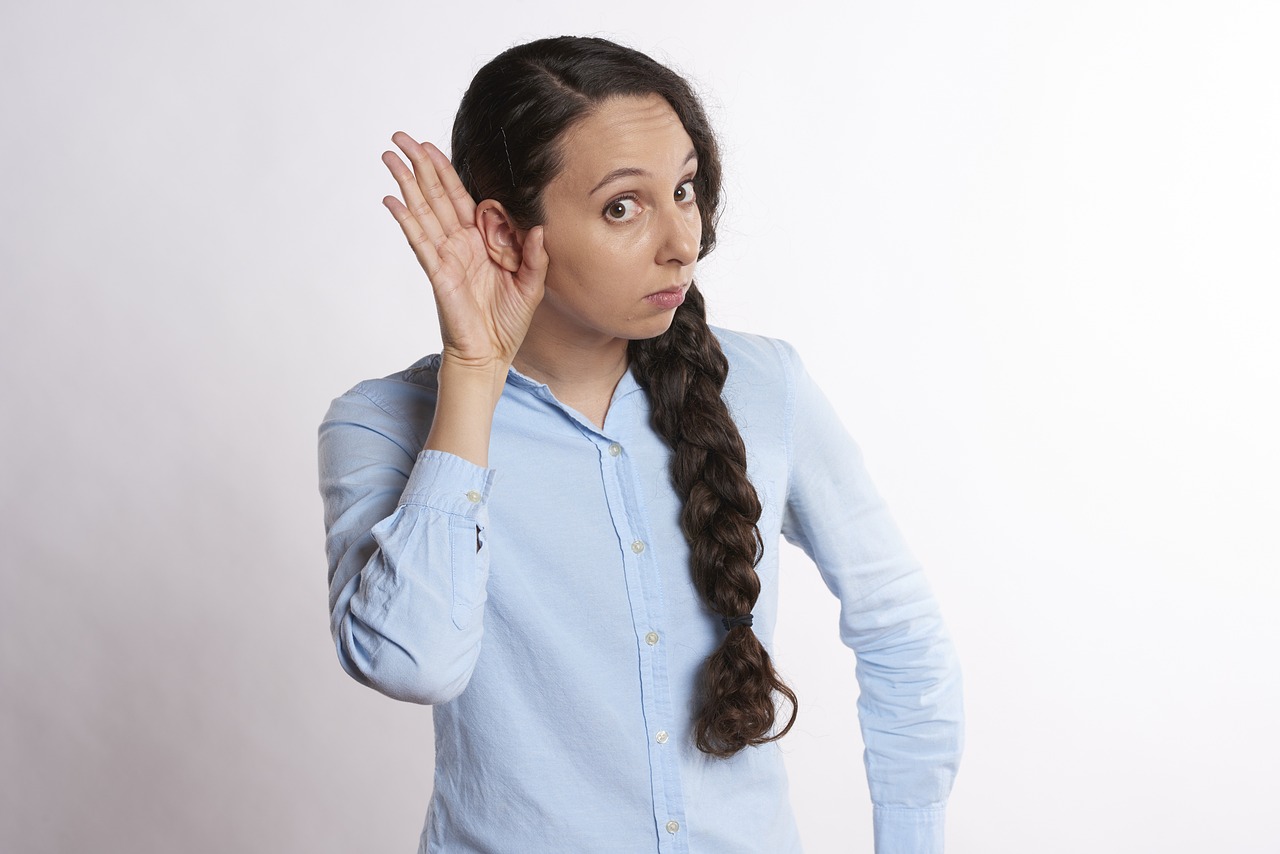
- Wear earplugs or seek custom protection from professionals for significant noise reduction in everyday activities.
- Limit loud noise exposure and position yourself away from high-decibel sources to prevent hearing damage.
- Set volume limits on devices and use noise-canceling headphones to enjoy audio safely.
- Regular hearing assessments help detect early signs of loss and maintain long-term auditory health.
- Remember to follow NEA regulations for a quieter environment for everyone’s well-being.
Hearing is essential to people’s lives, yet it is often taken for granted. Exposure to loud noises can cause significant damage to your hearing over time. It’s crucial to protect your ears from harmful noise levels you encounter in everyday life. This article will provide you with five tips on how to protect your hearing.
1. Wear Earplugs

The first and most obvious step towards protecting your hearing is wearing earplugs. They are inexpensive and readily available at drugstores or online stores. Whether you’re attending a concert, using power tools, or mowing the lawn, earplugs can reduce the noise level by up to 30 decibels, significantly lowering the risk of damage.
Consult a Professional
You should consult a reputable ENT specialist in Novena Hospital to ensure you get suitable earplugs. They can perform a hearing test to determine the exact noise level you are exposed to daily. This information will help them recommend the correct earplugs for your specific needs.
If you’re exposed to loud noises regularly, such as working in construction or attending concerts frequently, it’s advisable to consult an audiologist. They can assess your hearing and provide custom-made earplugs that fit perfectly and offer better protection than store-bought ones.
2. Limit Exposure Time
Limiting your exposure time to loud noises can also help prevent hearing loss. If you’re going out for an event with loud music or noise, try taking breaks by stepping outside for fresh air every hour or so. Doing this gives your ears a chance to rest and recover from the loudness.
Position Yourself Away
When possible, position yourself away from the source of loud noises, such as speakers at a concert or machinery in a factory, to further minimize the risk of hearing damage. Avoid standing directly in front of the speakers if you’re attending a concert. Similarly, if you’re working in a factory setting, try to position yourself at a distance from loud machinery.
Sound Monitoring Apps
Additionally, use sound monitoring apps on your smartphone to receive an alert when the ambient noise reaches levels that could harm your hearing. Taking charge of your auditory environment by monitoring and controlling the duration of exposure is a crucial strategy for maintaining long-term hearing health.
3. Keep Volume Levels Low
Listening to music through headphones or earphones has become a part of your daily routine, but playing music at high volumes can damage your ears over time. Experts recommend keeping the volume below 60 percent of maximum capacity and listening for no more than an hour each day.
Understand the Effects of Prolonged Exposure
To reinforce the importance of keeping volume levels low, understand that prolonged exposure to high decibels can lead to noise-induced hearing loss, which is often permanent. Use the built-in volume limit features on your devices to safeguard your ears. Most smartphones and media players have settings that allow you to set a maximum volume.
Noise Regulations
You should also understand that there are regulations in Singapore set by the National Environment Agency (NEA) to limit noise levels in public places. These regulations aim to protect individuals from excessive and harmful noise exposure.
Consistently using these protective measures can preserve your hearing clarity and prevent the potential need for hearing aids in the future. Remember that your hearing health is as vital as any other aspect of health, and it deserves the same level of care and attention.
4. Use Noise-Cancelling Headphones
Noise-canceling headphones are becoming increasingly popular as they block out external noise effectively without increasing the volume level excessively- this makes them perfect for reducing exposure when traveling on planes or trains.
Reduce Stress Levels
In addition to their travel benefits, noise-canceling headphones are also beneficial in every day, noisy environments, such as open offices or busy city streets. By creating a quieter soundscape, these headphones can help you focus better and reduce stress levels caused by continuous noise pollution. It’s crucial, however, to ensure that you don’t compensate for the noise cancellation by increasing the volume to unsafe levels, which can still result in hearing damage over time.

5. Get Your Hearing Checked Regularly
Getting a hearing test regularly is an excellent way to ensure your ears stay healthy and detect any potential problems early on before they lead to permanent damage. Adults should get their hearing checked at least once every ten years until age 50 and then every three years after that.
Hearing Assessments
Regular hearing assessments are vital as they enable timely identification of changes that might signify hearing impairment. More frequent checks may be necessary for individuals who work in noise-heavy environments or have experienced signs of hearing loss. A baseline audiogram can be a reference point for future tests, making it easier to note any degradation in auditory capability.
Your hearing is a precious gift, so taking care of it is essential. These five tips can help you protect your ears from harmful noise levels you encounter daily. Remember to wear earplugs when necessary, limit exposure time, keep volume levels low, use noise-canceling headphones, and get your hearing checked regularly. Following these simple steps, you can maintain good hearing health and enjoy all the sounds around you for years.



